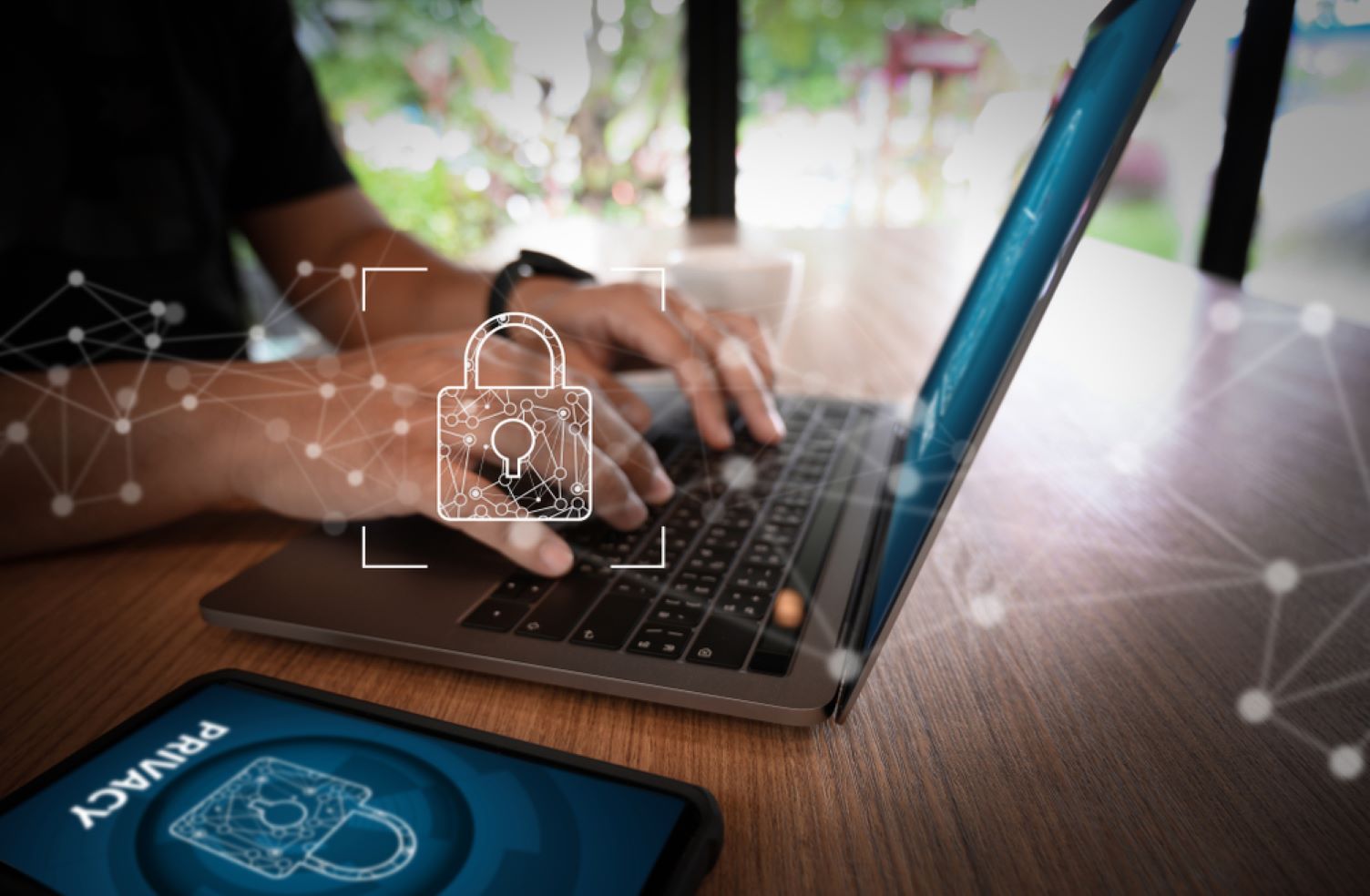
Endpoint security is often cited as the front-line protection against hackers, malware, zero-day attacks, and more, so it should be your organization’s first step towards greater network security. If you aren’t already familiar with this practice, you may be wondering, “What is endpoint security and protection?“. Endpoint security and protection is a cybersecurity approach to safeguard your company’s endpoint devices from malicious activity.
An endpoint device is any piece of electronic equipment that connects to your organization’s network from outside its firewall. Hackers can exploit digital devices like laptops, desktops, mobile devices, smartphones, and the internet of things (IoT) as an entry point to network access.
As the frequency of cybercrime has steadily grown, so has the need for more comprehensive endpoint protection platforms (EPP). Advanced endpoint security solutions use machine-learning threat intelligence software to quickly identify and contain cyber attacks as they are happening on your network devices.
Every new electronic device or endpoint brings with it a chance for cybercriminals to exploit its weaknesses. In 2021, 43% of cyber attacks hit small to mid-sized businesses, of which only 14% were prepared to protect themselves. With increased digitization across the board, it’s more crucial than ever before to invest in vulnerability scanning to identify and prevent advanced threats from progressing before it’s too late.
What is Vulnerability Scanning?
Protecting your organization from known cybersecurity threats is complicated enough on its own, and hidden vulnerabilities can lead to massive data breaches. Unfortunately, most organizations don’t have the staff, knowledge, or resources available for efficient endpoint detection and response (EDR). That’s where vulnerability detection joins forces with endpoint management. A managed service security provider (MSSP) can employ vulnerability scanning software to identify open ports and endpoints gaps in your security system. When the scan is complete, you’ll see your business’s most significant weaknesses and be able to form a plan to strengthen existing security policies.
While you may receive a more thorough evaluation of your company’s hardware and software vulnerabilities through penetration testing, vulnerability scanning is more affordable and easier to deploy on an ongoing basis. We recommend working with a security team to conduct regular vulnerability scans that identify cyber threats in real-time.
Why Endpoint Security is Crucial for Your Business
Endpoint security is a crucial part of your organization’s threat detection plan. It truly is a must-have IT component for many reasons, including:
Data is often one of the most valuable assets a company can have, and any level of data loss could be detrimental to business continuity.
As the popularity and necessity of digital work increases, so do the number and types of endpoint devices. Add remote work and bring-your-own-device (BYOD) policies into the mix, and you end up with insufficient perimeter security and an abundance of vulnerabilities.
Hackers are constantly leveling up their skills. Cybercriminals look for new ways to access sensitive data, steal critical information, and manipulate end-users through phishing scams, ransomware, and more.
Preparing for the worst-case scenarios will always be more affordable than disaster remediation. That’s why padding your IT infrastructure with secure endpoint solutions based on what you learn from periodic vulnerability scans is a necessity. Consider what a large-scale breach might cost your small-to-midsize business: a dent in your reputation, loss of customers or clients due to output inefficiencies, the financial cost of compliance violations, and more. Take inventory of your endpoints, install security measures, and ensure your network-connected devices are working with you, not against you.
To learn more about endpoint protection, vulnerability detection, penetration testing, and more, contact Warwick Communications. Our team is eager to discuss how our services can support your organization.




